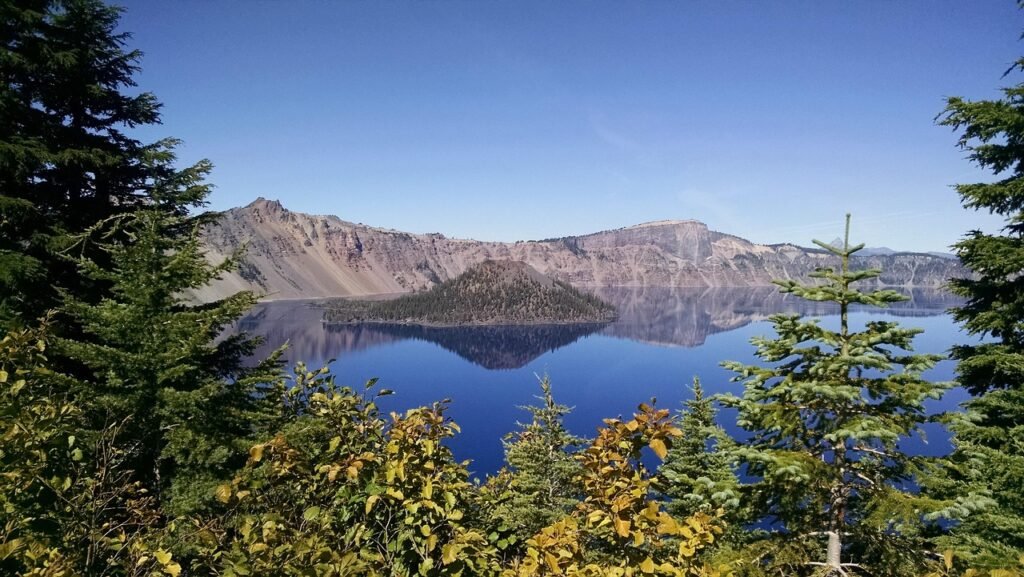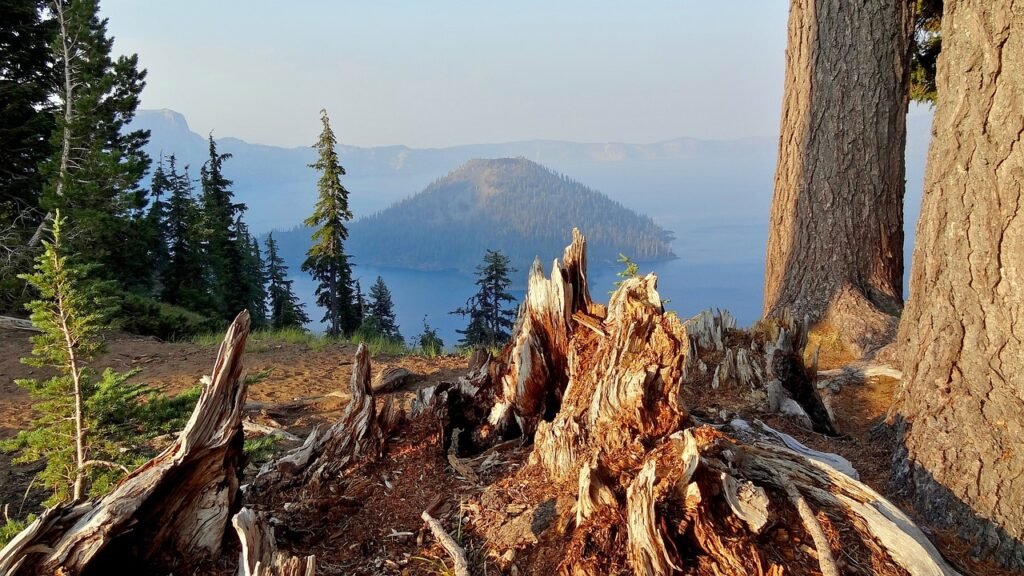Kelimutu, a renowned destination in Flores, Indonesia, is famously shared for its stunning tri-colored crater lakes, but beyond the beauty of nature, it tells much more in the travel to this region. You may go into the heart of agriculture and spirituality in the Ende-Lio highlands, discovering the rich cultural heritage and traditions that mold modern Indonesia with the help of RMC Detusoko, a community-based collective set up by local farmers.

Meeting the Lio People: Traveling into Tradition
The Lio people are from Flores and are said to have a very strong connection to the land and to possess long-standing customs. “The house is our mother. The mother has an esteemed position in our society,” says Aloysius Leta, Wologai elder and among the oldest Lio villages. He leaves sentences that would paint a picture of the Lio people’s lives, whereby home brings forth the nurture and love of mother.
A traditional Lio house, thatched-roofed, is not just a house; it is a shrine. The entrance which is formed as open hands symbolizes a welcoming embrace coming from a mother. Somewhere inside, carved female breasts allow a moment of silent homage. It is for this unity and harmony, for which all Ancestors are honored with rituals and prayers, that the sacred space has been created.
No amount of disaster makes those people bend in guarding their heritage. They have fire after fire burning down their house, yet they still remain put. The same vision of pride and resistance, or with “We don’t go. We stay to guard our mother,” is echoed in Aloysius.
RMC Detusoko: Connecting Tradition and Modernity
RMC Detusoko was conceived from the vision to conserve the Lio people’s heritage while bringing new economically beneficial opportunities into existence. It was created by Ferdinandus “Nando” Watu and a group of Lio young farmers as it concentrates on empowering local farmers and getting them introduced to sustainable ventures such as hospitality, artisan food production, and ecotourism.
Launched in 2017, RMC’s Decotourism is the initiative that has allowed tourists to experience the Lio highlands through a combination of cultural immersion and adventure. It mainly features the iconic Kelimutu crater lakes, but the real deal is in understanding the area by being inspired in terms of how fresh young farmers interpret and honor the spirit of Kelimutu in their everyday lives.
Kelimutu thus has a social and historical relationship with the Lio people. The mountain became a meditation site for Indonesia’s first president, Sukarno, during his exile in Ende, for being once a sacred prayer ground to the Lio people. It inspired Sukarno’s philosophy from the Lio people and incorporated it into the imagination he envisaged for a decolonized, multicultural republic.
Spiritual Experience in Sunrise Walk at Kelimutu
Actually, the RMC Detusoko has been great travel companion since just after midnight, Excel-by-sunrise- hike to the Kelimutu lakes while sobbing cool air darkened early dawn ambience. This thick mystique, however, stops at the Konde Ratu prayer rock-as ritual gate of Kelimutu-to worship his ancestors; thus reminding this sacred action and the solid spiritual tie between the Lio people and their environment.
Above and the new rays illuminate the scenery. The beauty that greets one from the top of the crater lakes is breathtaking: the wind curls the clouds in waves over the colorful lakes, and a garugiwa fills the air with song. While the changing of color in the lakes is thought of as the product of chemical reactions, it bears spiritual annexation for the locals who believe that each lake has the spirit of those whose lives were lost mostly at their tender age, old age or through unnatural deaths.
In short, this stillness and reflection are prophetic of the mission of RMC Detusoko: bringing together the present with the past, honoring the land and preserving the identity of the Lio people.
Sustaining the Future: A Vision for Local Youth
Nando-the ecotourism advocate with a past as a journalist-is genuinely concerned with assuring that the youth in the Ende-Lio highlands may only have the opportunities to stay and thrive at home. “We lose up to a million farmers each year because young adults leave the farm for work in cities or abroad,” he says. In fact, the exodus of young people out of rural areas is a matter that is undercutting not only the agricultural sector but also the preservation of local customs and culture.
With RMC Detusoko, Nando aims to show young people that a worthwhile future can be built within their own communities. RMC offers scholarships for studies in tourism and agriculture and builds partnerships with brands like Javara and the British Council to help encourage young Lio farmers to invest in their land and culture and take pride and success in the work they do.
From Farm to Table: Linking Agriculture and Hospitality
The activities of RMC Detusoko go beyond tourism and into agriculture. Our trip takes us to Nando’s coffee plantation, where we witness the processes of coffee harvesting, from picking ripe cherries to sorting the beans. The event turns into a more social occasion, with local students and community members working together and enjoying themselves throughout the harvest.
At the Lepa Lio café, we are introduced to RMC’s homemade creations: robust coffee, peanut butter, and rich local marmalades. The café is a center for the community, both to learn and experience sustainable food production. The products contain locally sourced ingredients, thereby helping the overall mission of RMC to create economic opportunity with community-based tourism.
Nando promotes other social enterprises in the area such as the Wologai coffee shop and Sokoria farmers’ collective, augmenting the local economy while upholding the values of interdependence and equal opportunity.
A Bright Future for the Ende-Lio Highlands
Work in the Ende-Lio highlands by RMC Detusoko, then, is not simply about conservatorship; it is also about creating sustainability into the next generation. By means of ecotourism, local agriculture, and cultural preservation, RMC is securing that these young farmers of the region take pride in staying at home and prosper with building up a future that holds so much respect for their past.
The strongest impression that remains in the mind as we reflect on our expedition is the warmth and sincerity of each Lio person we encountered. Their relationship with the land and dedication to their culture show a promise of resilience and hope – one that travels along the hills of Lio highlands, calling into being a future where tradition and progress walk hand in hand.
